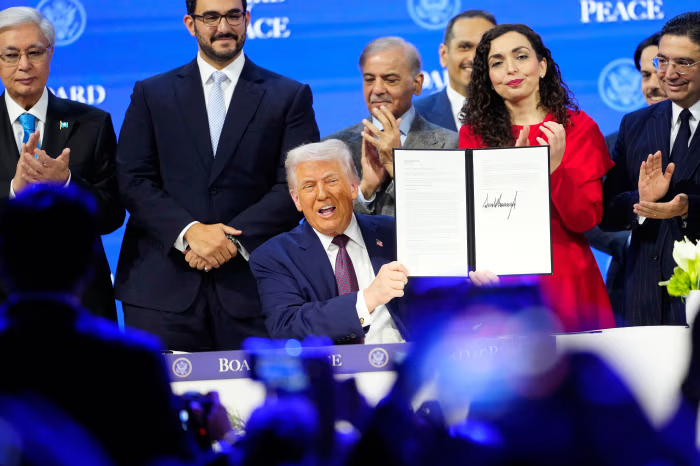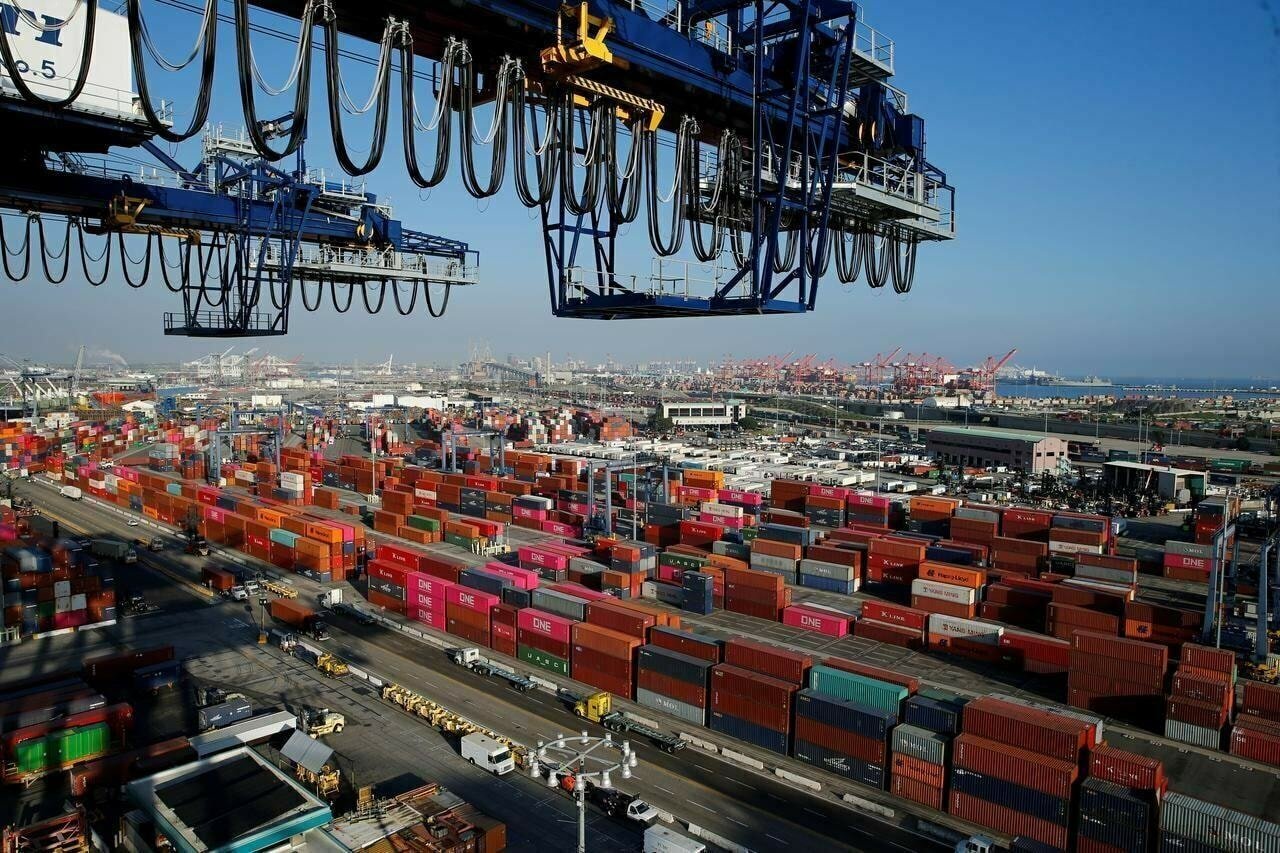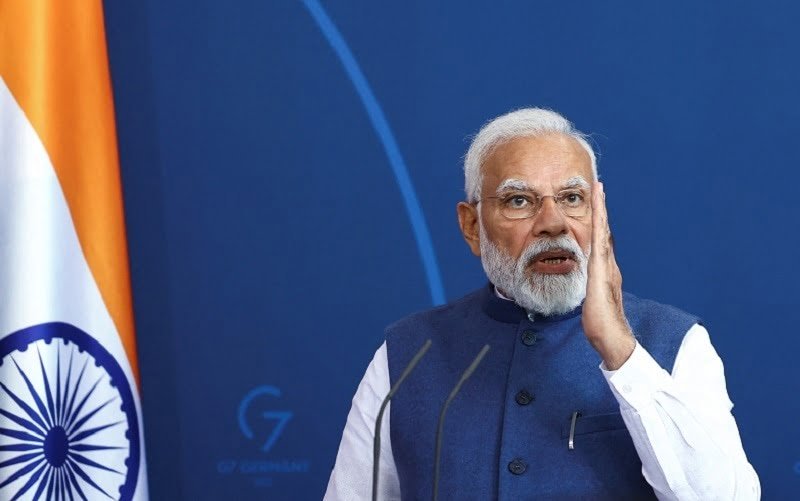Tariq Mahmood Awan
In every parliamentary democracy, executive power is derived from the will of the people. The Constitution of Pakistan, 1973, explicitly makes the Chief Minister the executive head of a province, supported by a cabinet of elected ministers who are collectively answerable to the Assembly. This means that executive authority is not a bureaucratic privilege but a democratic trust. Transfers, postings, promotions, and retirements of officers are not administrative favours at the disposal of civil servants; they are political decisions that flow directly from elected authority.
The Chief Minister, as the custodian of provincial executive power, may delegate responsibilities only to cabinet ministers, who themselves are representatives of the people. Bureaucrats—whether they be Chief Secretaries, Additional Chief Secretaries, or administrative secretaries—are not recipients of this authority. They are servants of the state, not wielders of sovereign power. Their constitutional role is restricted to implementing decisions, not making them. Yet, in practice, civil servants have carved out a sphere of authority that was never theirs to begin with.
The Constitution leaves no ambiguity. Article 129 states that the executive authority of a province vests in the Chief Minister. Article 130(6) requires the cabinet to be collectively responsible to the provincial assembly. Article 139 governs how provincial business is conducted, but it does not—and cannot—override the principle of elected supremacy. In short, the chain of accountability runs from the people, to the assembly, to the Chief Minister, to the cabinet ministers, and only then to the administrative machinery. To insert civil servants as holders of executive discretion is to disrupt this constitutional hierarchy.
The bureaucracy, in its permanent nature, is essential for stability and continuity. But permanence is not the same as sovereignty. Civil servants exist to assist, not to decide. Their strength lies in professional neutrality and technical expertise, not in wielding power. When Chief Secretaries and departmental secretaries exercise powers of transfer, posting, or promotion under the cover of Rules of Business, summaries, or executive orders, they are not filling a vacuum—they are usurping authority. This practice is unconstitutional because no civil servant holds a democratic mandate.
https://facebook.com/RepublicPolicy
Political executives are directly accountable to the people. Ministers face assemblies, face votes of confidence, and face elections. Bureaucrats face none of these. To allow bureaucrats to manage executive authority is to make governance unaccountable. A transfer or promotion carried out by a minister is subject to political and parliamentary scrutiny. The same act, when executed by a bureaucrat, is shielded by the facelessness of files and summaries. That is why constitutional design keeps executive discretion in the hands of elected officials—it ensures transparency and democratic responsibility.
https://tiktok.com/@republic_policy
Legally, the Punjab Civil Servants Act, 1974, recognizes appointments, transfers, and promotions as matters of service law, but the ultimate authority rests with the government, meaning the political executive. The Punjab Government Rules of Business, 2011, are merely procedural instruments; they cannot, by administrative trick, override constitutional supremacy. Any attempt to use Rules of Business to give bureaucrats powers of transfer or posting is ultra vires the Constitution. Law must flow from the Constitution, not from executive convenience.
https://instagram.com/republicpolicy
Politically, to allow bureaucrats to govern is to deny the very essence of parliamentary democracy. Elected representatives embody the sovereignty of the people; civil servants do not. When bureaucrats make decisions, the people’s right to accountability is broken. Democracy becomes hollow when unelected officials exercise powers meant for those chosen by the ballot. The political executive must, therefore, reclaim its rightful authority. Ministers should run departments, make policy decisions, and decide administrative matters. Bureaucrats should faithfully implement those decisions. Anything else is a betrayal of democratic principles.
https://whatsapp.com/channel/0029VaYMzpX5Ui2WAdHrSg1G
Administratively, too, the case is clear. Civil services are meant to function as instruments of continuity. Their expertise ensures smooth governance regardless of which political party is in power. But if civil servants become power-centers, departments stagnate into personal fiefdoms. This undermines innovation, responsiveness, and accountability. Only elected ministers can direct administration toward public needs because only they are compelled to answer to citizens. That is why good governance demands that ministers, not bureaucrats, manage departments.
Constitutionally, politically, legally, democratically, and administratively, the proposition stands vindicated: executive authority belongs to the Chief Minister and the cabinet, not to bureaucrats. The Chief Secretary, Additional Chief Secretaries, and administrative secretaries who exercise delegated powers are acting beyond their constitutional role. Their authority through Rules of Business or executive orders is unconstitutional and must end. The principle is simple: elected representatives must govern because they are answerable to the people. Bureaucracy must implement, not rule. To restore balance, Pakistan must reaffirm that the cabinet system is one of political accountability, not bureaucratic dominance.















